DataOps, the agile and collaborative approach to data management, is a game-changer in the realm of data-driven organizations, revolutionizing the way data is processed, analyzed, and utilized to drive business outcomes.
DataOps can be defined as the practice of integrating people, processes, and technology to streamline and automate data operations throughout the data lifecycle. It aims to ensure that high-quality, reliable, and valuable data is delivered at the right time with the appropriate levels of data governance, improving the usability of metadata and enabling data-driven decision-making.
“DataOps is the orchestrated collaboration of individuals, procedures, and technology, aiming to optimize and automate data operations across the data lifecycle, ensuring timely delivery of reliable, valuable data with robust governance for enhanced metadata utilization and data-driven decision-making.”
What’s the difference between #DataOps and #DevOps?
DevOps – primarily focuses on software development and IT operations to improve efficiency.
DataOps – specifically caters to the unique challenges and requirements of managing data, such as breaking down data silos, and maintaining the quality assurance of the data in an organization.
What do they have in common?
DataOps and DevOps work under a model of observability, to help predict future behavior and build trust. The DataOps lifecycle takes inspiration from the DevOps lifecycle – although the processes and tech are different. Ultimately, DataOps and DevOps work hand in hand to bring together teams of data engineers, data scientists, and business users to collaborate on data-centric initiatives.
Implementing DataOps requires a strategic and holistic approach. Organizations can start by establishing a clear vision and data strategy aligned with their business objectives. They should invest in modern data infrastructure and technologies that support efficient data integration, data processing, and data governance.

